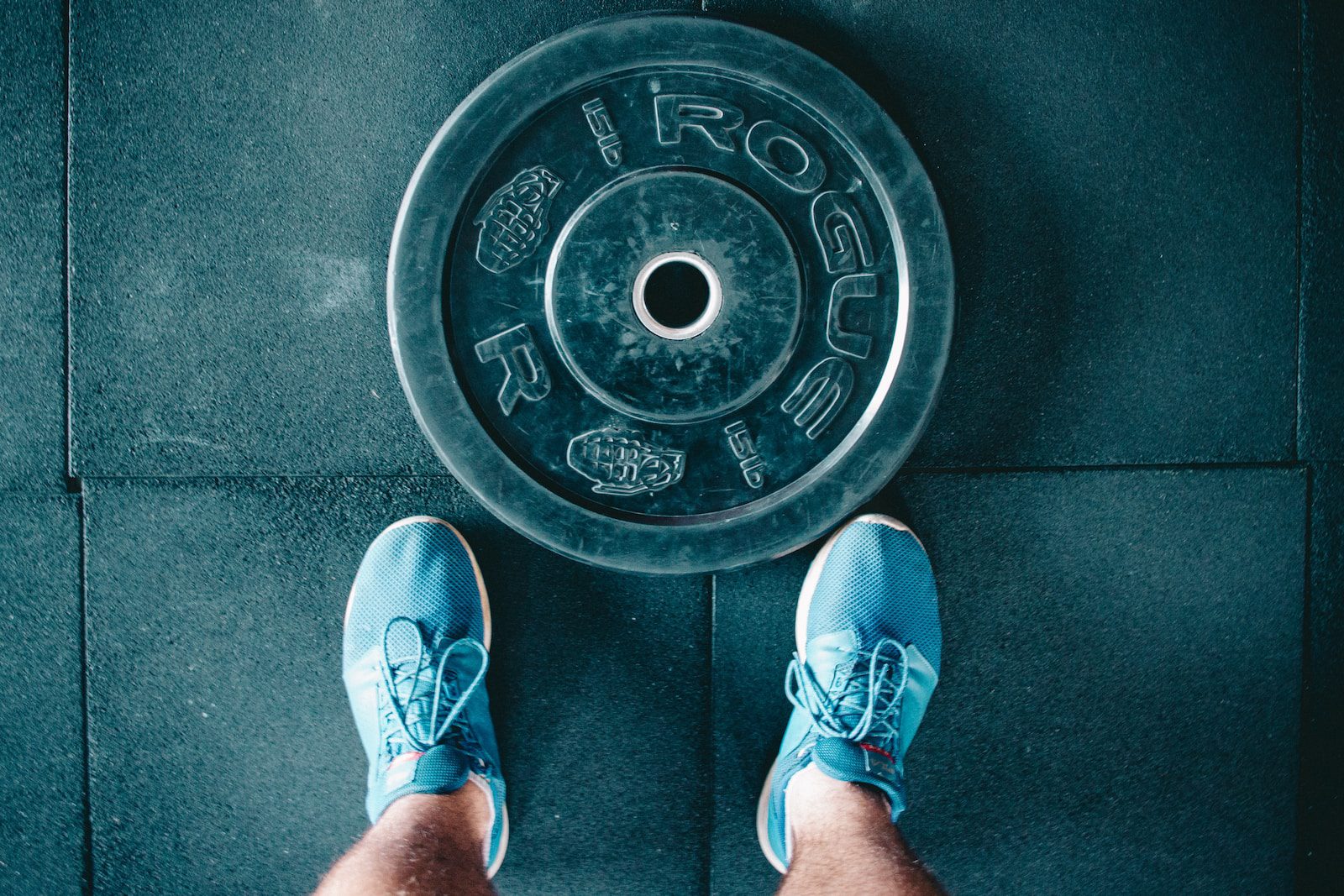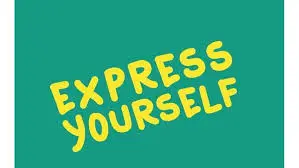
When it comes to the process of losing weight, nothing can be more frustrating than hitting a plateau. You’ve worked hard and put in a lot of effort to achieve your goals, but suddenly, the number on the scale just won’t budge. If you’ve hit a weight loss plateau, don’t worry – it’s a common problem that many people face. In this article, we’ll take a look at what you can do to break through this phase and keep progressing towards your ultimate goal.
1. Reassess Your Calorie Intake
When you first started your weight loss journey, you might have calculated the number of calories you need to eat each day to reach your goal. However, as your body changes, your calorie needs might change as well. If you’re stuck in a plateau, you may need to reassess your calorie intake and adjust it downward. This doesn’t mean you should starve yourself, but it may mean cutting back on some of the excess sugar, fats, or carbs.
2. Change Up Your Workout Routine
Our bodies are remarkable machines that can adapt to almost any situation. If you’ve been doing the same workout for weeks, months, or even years, your body may have adapted, and your progress may have stalled. To break through the plateau, try changing up your workout routine. You could switch to high-intensity interval training, lift heavier weights, or try a new fitness class. The key is to give your muscles new challenges, forcing them to adapt and grow.
3. Focus on Building Muscles
If you’ve been mostly focused on cardio workouts, it might be time to start incorporating some strength training into your routine. By building muscles, you can increase your resting metabolic rate, which means you’ll burn more calories even when you’re not working out. Muscles also burn more calories per pound than fat does, so the more muscle you have, the more calories you’ll burn throughout the day.
4. Keep a Food Diary
It’s easy to get complacent with your food choices when you’ve been sticking to a healthy diet for a while. However, it’s possible that you’ve been consuming more calories than you realize. Keeping a food diary can help you track your calories and identify areas where you might be overindulging. Try tracking your food intake for a few days or a week, and you might be surprised to see where some of those extra calories are coming from.
5. Get Enough Sleep
Lack of sleep can affect your hormone levels, which can have a significant impact on weight loss. When you’re sleep-deprived, your body produces more cortisol, which can increase hunger and lead to weight gain. Aim for 7-8 hours of sleep per night, and try to stick to a consistent sleep schedule.
Conclusion
Hitting a weight loss plateau can be frustrating, but it’s important to remember that it’s just a part of the process. With the right adjustments to your diet and workout routine, you can push through this phase and continue making progress towards your goals. Keep in mind that losing weight isn’t just about the number on the scale – it’s also about feeling healthier, stronger, and more confident in your body.



